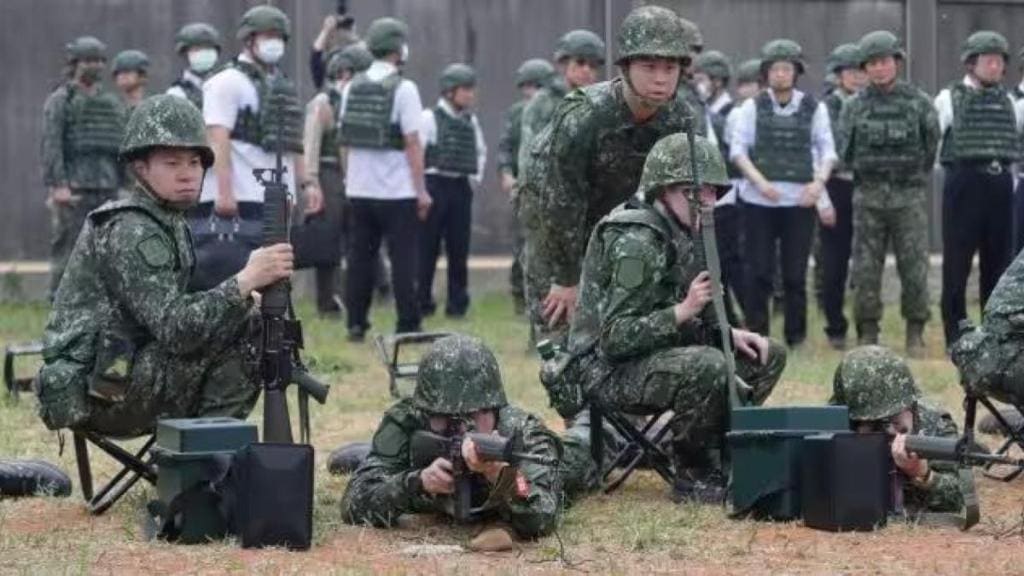The US on Friday announced $345 million in military aid for Taiwan, in what is the Biden administration’s first major package drawing on America’s own stockpiles to help Taiwan counter China. The White House’s announcement said the package would include defence, education and training for the Taiwanese.
According to two US officials who spoke on the condition of anonymity to the Associated Press, the aid package includes man-portable air defence systems (MANPADS), intelligence and surveillance capabilities, firearms, and missiles. This decision comes amidst ongoing pressure from US lawmakers on the Pentagon and White House to expedite weapons delivery to Taiwan.
What’s the objective behind aid package?
The primary objectives behind the aid package are twofold: to empower Taiwan to effectively counter any potential aggression from China and to serve as a strong deterrent against any consideration of attacking the island. By providing Taipei with a robust arsenal, the US aims to raise the cost of any invasion attempt to a level that China would find unacceptably high.
In response to the US announcement, Chinese diplomats protested the move, expressing their disapproval. However, Taiwan’s trade office in Washington welcomed the decision, stating that the US’s commitment to supply arms and other materiel from its own stockpiles provides a crucial tool to support Taiwan’s self-defence.
Need for the package
This new aid package is in addition to the nearly $19 billion in military sales of F-16s and other major weapons systems that the US has previously approved for Taiwan. However, the delivery of those weapons faced delays due to supply chain disruptions caused by the COVID-19 pandemic, further exacerbated by global defence industrial base pressures following Russia’s invasion of Ukraine.
Notably, this aid package differs from earlier military sales, as it is part of a presidential authority approved by Congress last year. This allows the US to draw weapons directly from its current military stockpiles, ensuring that Taiwan will receive the much-needed weaponry promptly, bypassing the waiting period for military production and sales. A similar authority was employed by the Pentagon to deliver billions of dollars worth of munitions to Ukraine.
Taiwan’s split from China in 1949 amid a civil war has long been a point of contention. Chinese President Xi Jinping maintains that China has the right to take over the now self-ruled island, even by force if necessary. In response to the US’s substantial weapons sales to Taiwan, China has accused the US of turning the island into a “powder keg.” Nonetheless, the US maintains its “One China” policy, recognizing Beijing as the sole government and refraining from formal diplomatic relations with Taiwan. As tensions persist in the region, the US’s commitment to Taiwan’s security and stability remains steadfast.


